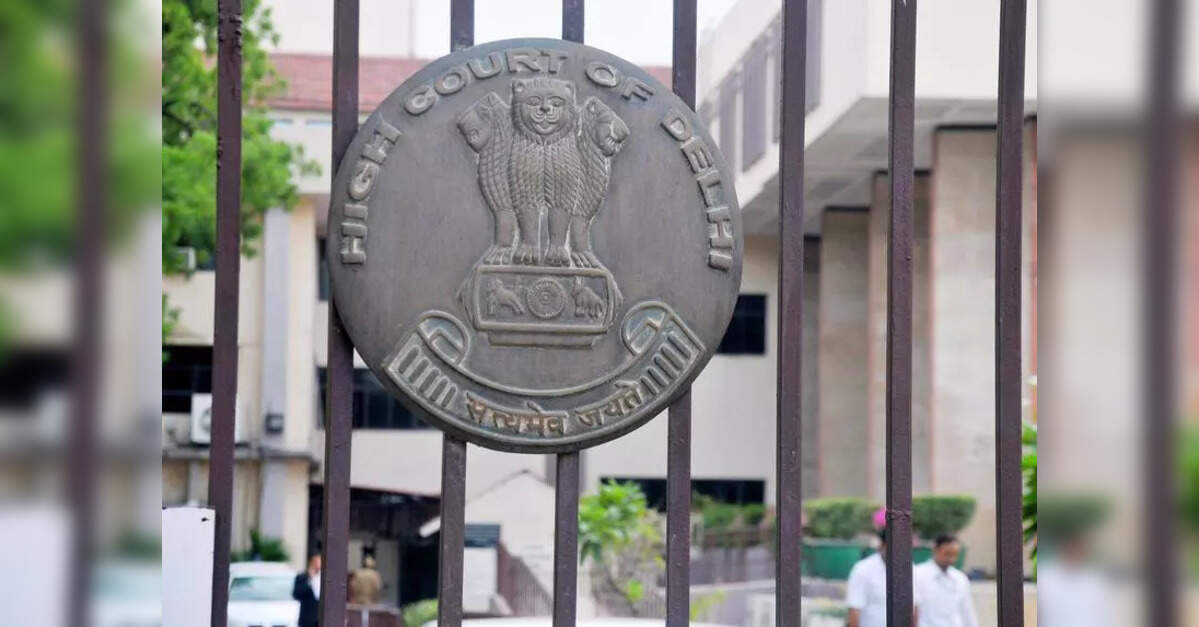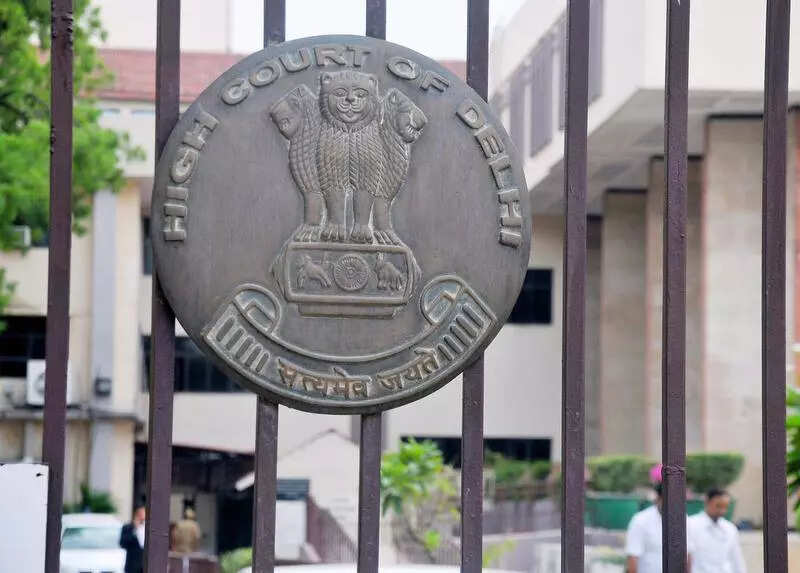
Delhi High Court, Education News, ET Education

New Delhi: Delhi High Court on Friday expressed concern over underfunding of the anti-ragging campaigns in higher education institutions.
“The concern of this court is to make the mechanism effective and fruitful,” a bench of Chief Justice D K Upadhyay and Justice Anish Dayal told the counsels for the University Grants Commission (UGC) and central govt.
The court was unhappy to note that a meagre amount of Rs 44 lakh was spent on anti-ragging initiatives while several lakhs of students enrol in higher education.
When the counsel for UGC said they were taking steps, the court shot back. “Except for rhetoric, you have utterly failed. Despite the Supreme Court taking note of the menace, you have not done anything,” it asserted.
The high court said that the Centre must put in more funds for anti-ragging projects and added that it would take a call if a suo motu petition was to be registered in the matter.
During the brief hearing, UGC also informed the court that it issued a fresh advisory to higher education institutions to check ragging. “In several cases, seniors form informal WhatsApp groups, contact juniors, and subject them to mental harassment. This too amounts to ragging and will invite disciplinary measures,” UGC said in its latest directive.
The high court was dealing with a petition filed by Aman Satya Kachroo Trust, an organisation that alleged UGC violated tender norms and discontinued several core components of the mechanism originally mandated by Supreme Court. The trust, started by the father of Aman, who lost his life to brutal ragging by his seniors in a medical college in 2009, argues that UGC awarded the contract for operating the anti-ragging mechanism to an “unqualified” consortium, in violation of mandatory eligibility norms and based on manipulated submissions.
Earlier this week, the court had stressed on the need for a “more robust” anti-ragging mechanism for colleges and universities, stating that University Grants Commission must be “on top of the issue”. It underlined the need to make institutes of higher education safer for students.
Source link



